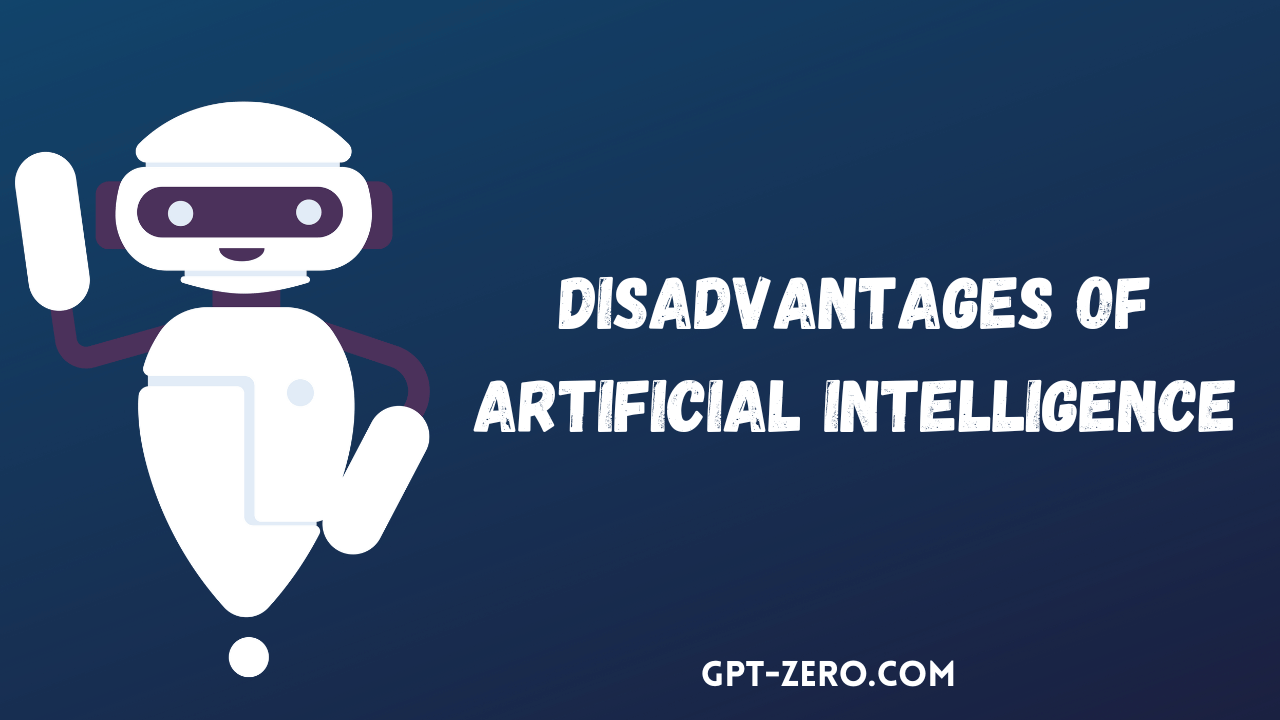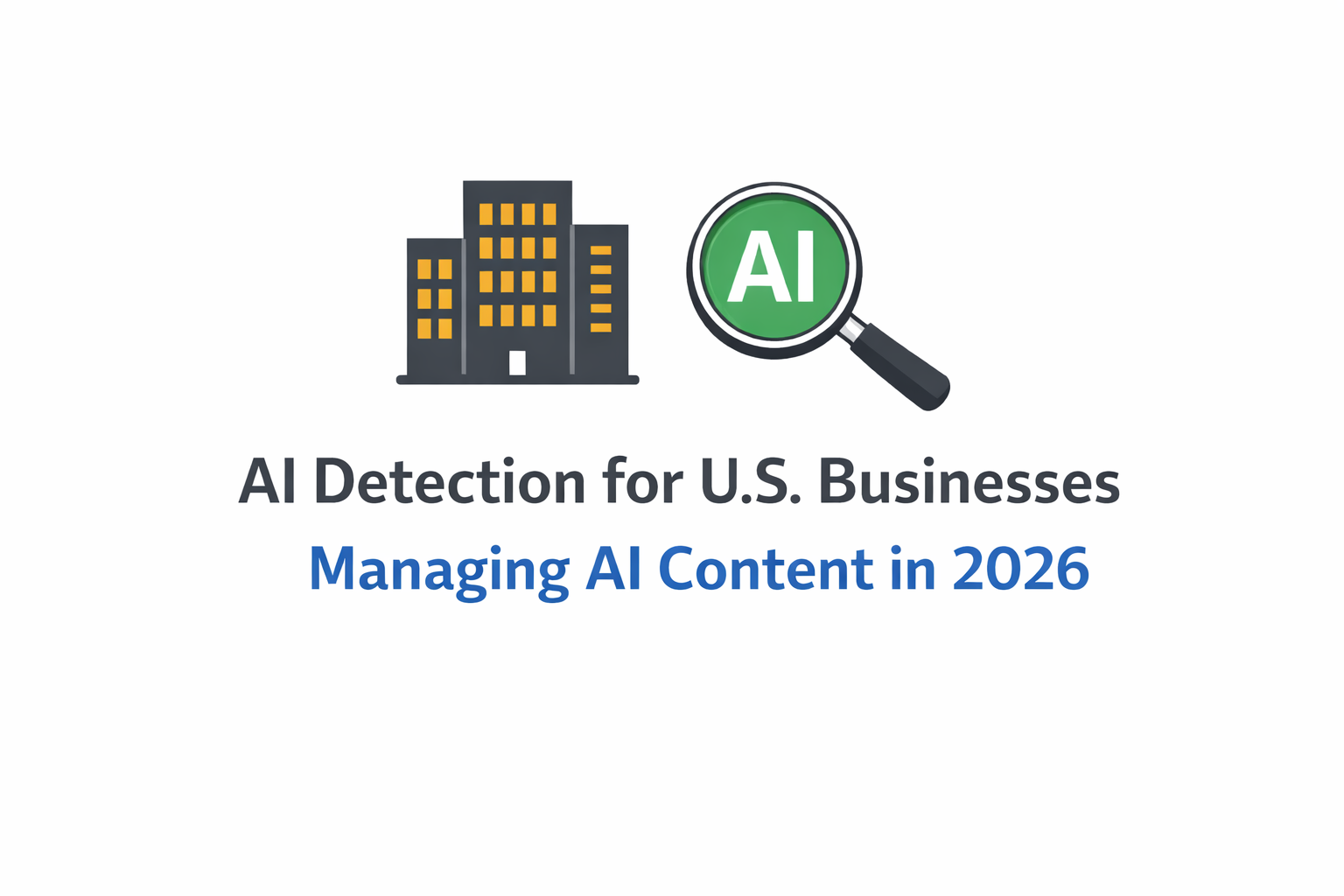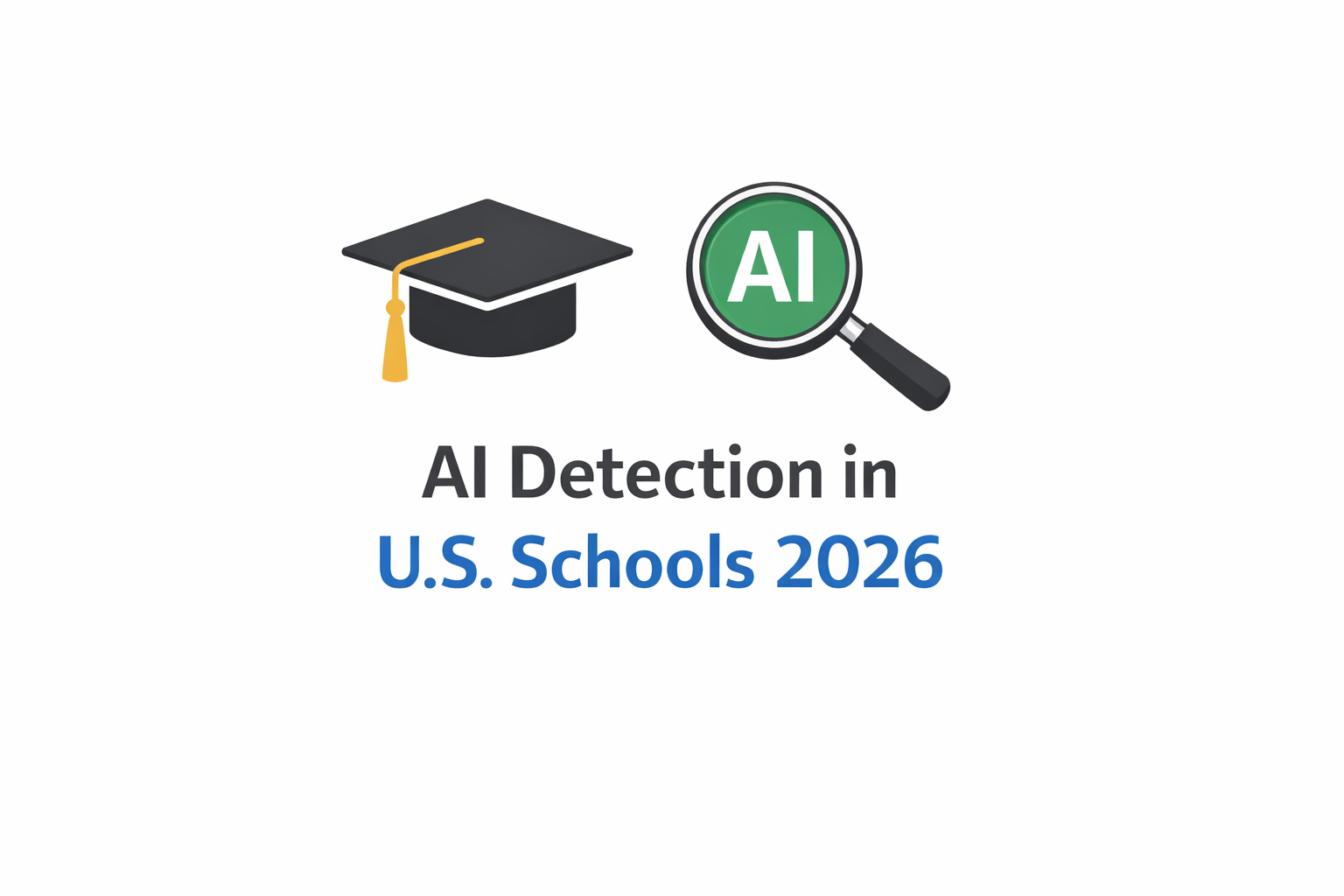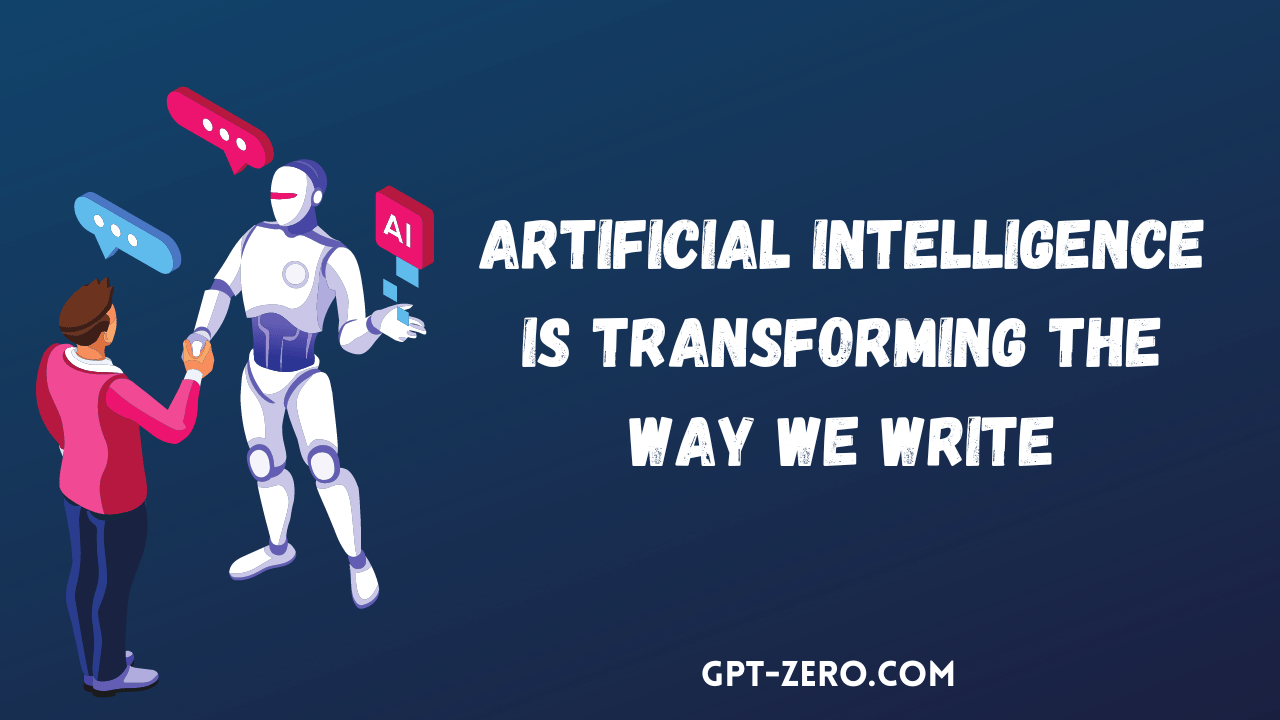Artificial Intelligence (AI) has become an essential part of modern-day technology, providing innovative solutions to a wide range of problems. AI refers to machines and systems that can mimic human intelligence and perform complex tasks without human intervention. AI technology has brought significant advancements in various industries such as healthcare, finance, education, and manufacturing, among others. However, like any other technology, AI also has its disadvantages. In this article, we will discuss the drawbacks of AI.
Lack of Creativity and Emotions
One of the significant drawbacks of AI is its inability to be creative and emotional. Unlike humans, AI systems cannot think outside the box and come up with new ideas or approaches to problem-solving. Additionally, AI machines lack emotions, which makes them unable to relate to humans and understand their feelings.
Job Displacement
AI systems are designed to perform tasks that are traditionally performed by humans, which can lead to job displacement. With the rise of AI technology, many industries are adopting automation, which can lead to job losses, especially in industries that rely heavily on manual labor. This can have adverse effects on the economy and society as a whole.
Dependence on AI Systems
As people increasingly rely on AI systems, there is a risk of dependence on them. This can lead to a situation where people are unable to perform tasks without the assistance of AI machines, making them vulnerable in case of system failure or malfunction.
Lack of Personal Touch
AI machines lack a personal touch that is essential in many industries such as healthcare, where human interaction and empathy are crucial. Patients may prefer human doctors or nurses over AI machines because of the personal connection they offer.
Unpredictable Outcomes
AI systems can be unpredictable, and their outcomes can be difficult to predict. This can be a significant drawback, especially in industries where accuracy is essential, such as finance, healthcare, and manufacturing.
High Cost of Development and Maintenance
Developing and maintaining AI systems can be expensive. The cost of developing AI machines can be high, especially for smaller companies that may not have the resources to invest in AI technology.
Security Risks
AI machines can be vulnerable to cyber-attacks and hacking, which can compromise their integrity and reliability. This can have significant consequences, especially in industries such as finance, where AI machines may handle sensitive financial data.
Social Isolation
As AI technology becomes more prevalent, there is a risk of social isolation. People may become more reliant on technology for social interactions, leading to a lack of face-to-face communication and human connection.
Conclusion
AI technology has brought significant advancements in various industries, but it also has its disadvantages. From job displacement to ethical concerns, there are several drawbacks that need to be addressed. As AI technology continues to evolve, it is essential to consider the potential risks and take measures to mitigate them.




